
Dangerous rocks may co-orbit with Venus, but new research suggests only a space-based mission can prove it.

New research suggests that Jupiter used to be at least twice as big as it is today . Over time, the bloated world cooled off, contracting to the relatively humbler size it is today.

Anew study said the streaks aren’t caused by water. Instead, the study suggests, the streaks are due to wind and dust.

Data from NASA's Magellan mission suggests Venus could be more geologically active than previously thought. The data shows compelling evidence for ongoing tectonic activity shaping Venus's surface features.

Now, the unique capabilities of the NASA/ESA/CSA James Webb Space Telescope are providing new insights into the Jovian aurorae.

Evidence is mounting that a secret lies beneath the dusty red plains of Mars, one that could redefine our view of the Red Planet: a vast reservoir of liquid water, locked deep in the crust.
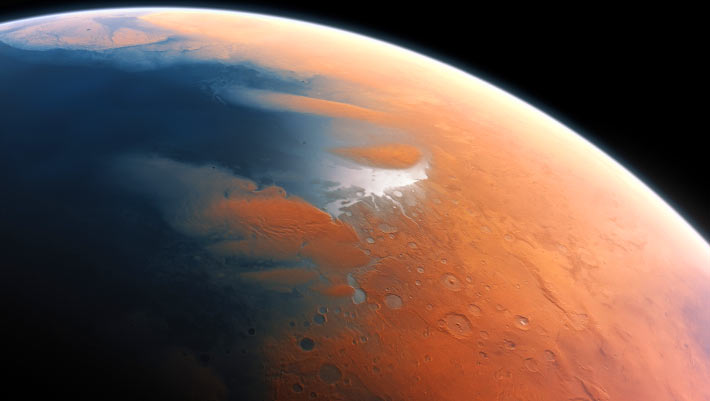
The distribution of valley heads on Mars matches predictions for a climate that includes precipitation rather than just runoff from melting ice caps.
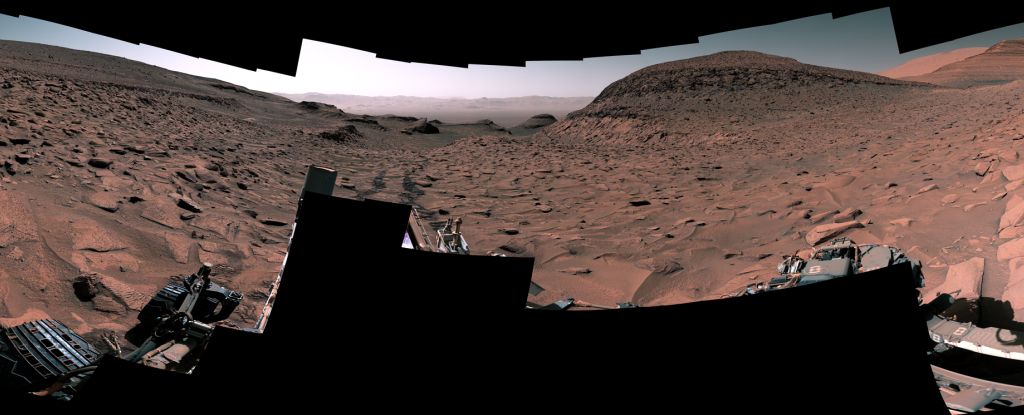
A surprise discovery in Gale Crater is the component that was missing in the puzzle of Mars's climate history.
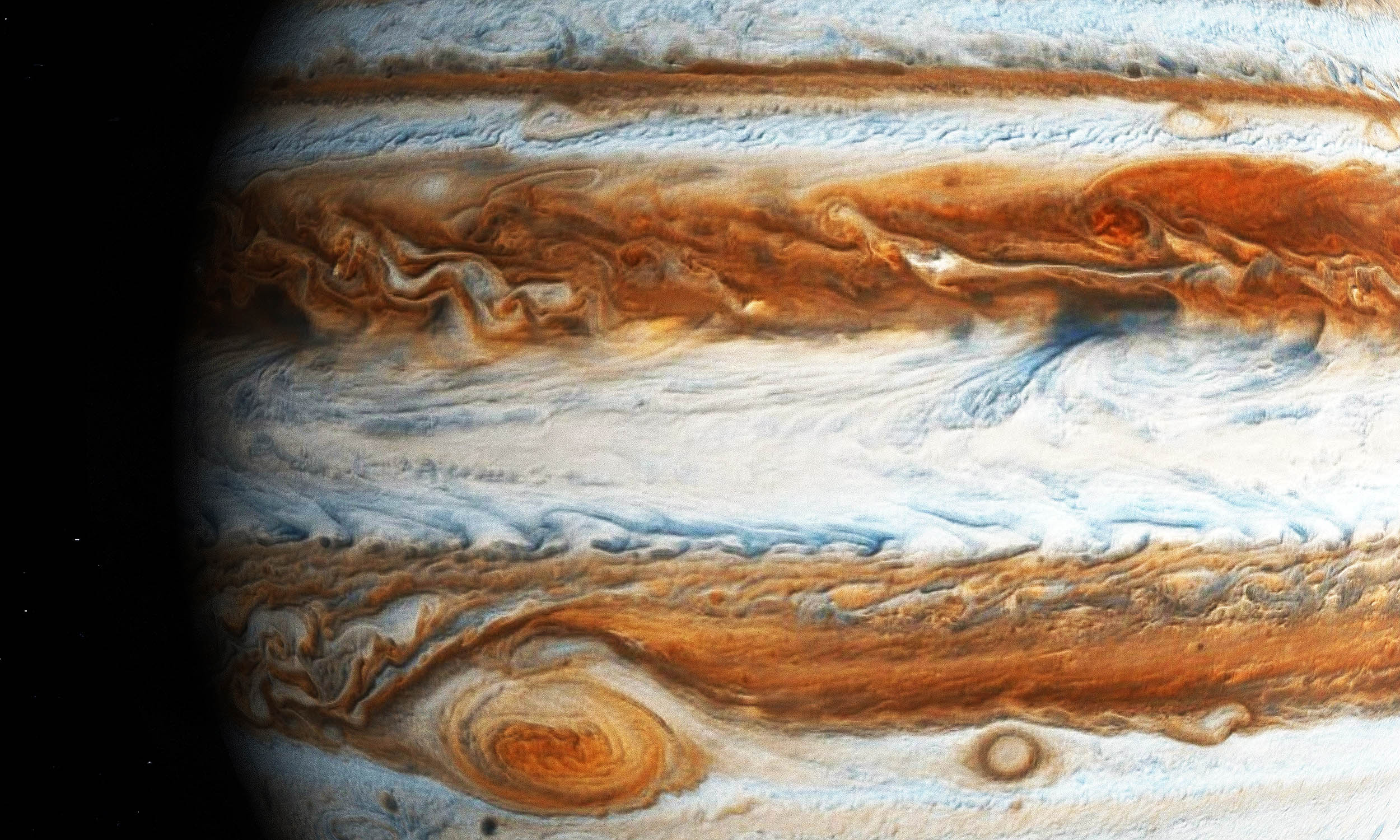
Slushy hail, made of water and ammonia, may form during lightning-packed storms, giving researchers fresh clues about what lurks beneath the planet’s colorful cloud tops.
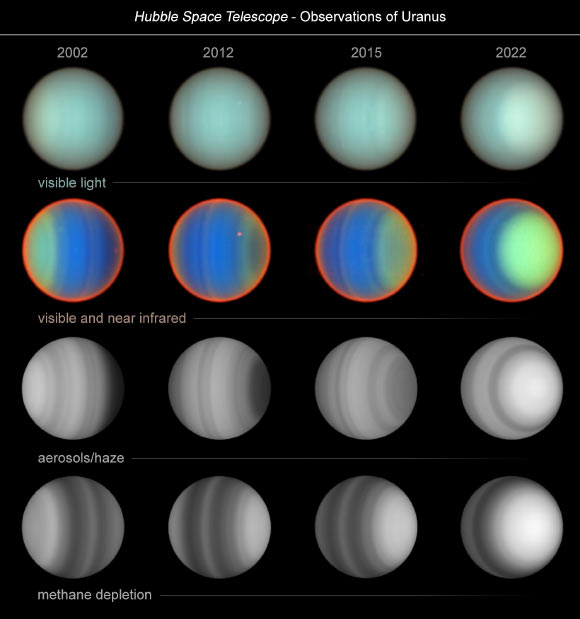
A 20-year Hubble study of Uranus provide valuable data for understanding the atmospheric dynamics of this distant ice giant, which can serve as a proxy for studying exoplanets of similar size and composition.
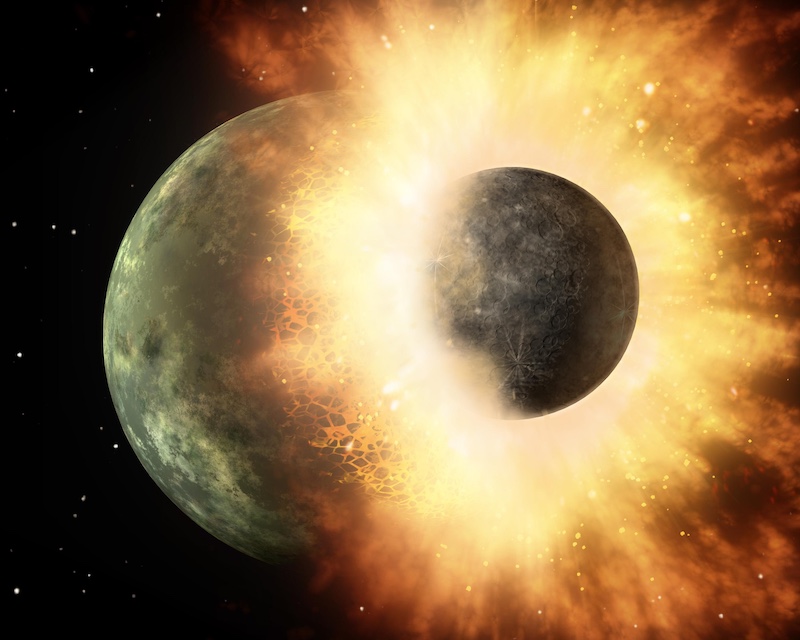
A grazing giant collision between two similar-sized rocky bodies likely created Mercury a few billion years ago.
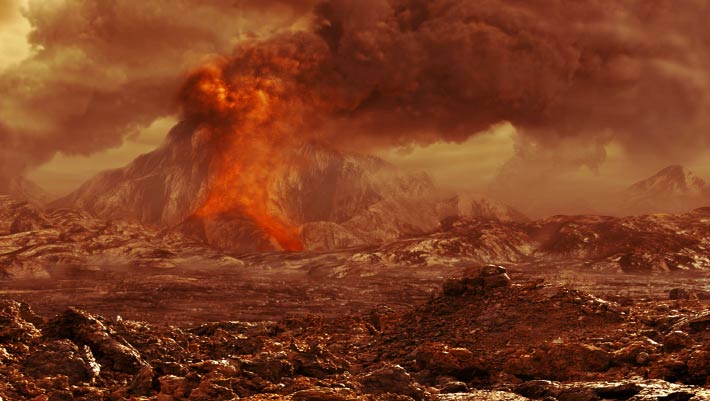
An unexpected phenomenon called convection could help explain many of the volcanoes and other features of the Venusian landscape.
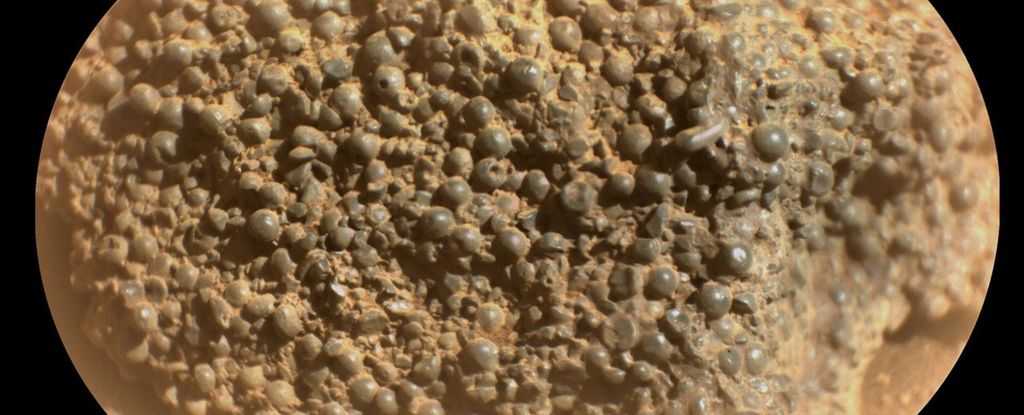
Once again, Mars has presented us with an example of something it seems to have in abundance: extremely peculiar and baffling rocks.

The main reason for space exploration is to search for life beyond Earth.

For the first time, NASA’s James Webb Space Telescope has captured bright auroral activity on Neptune.